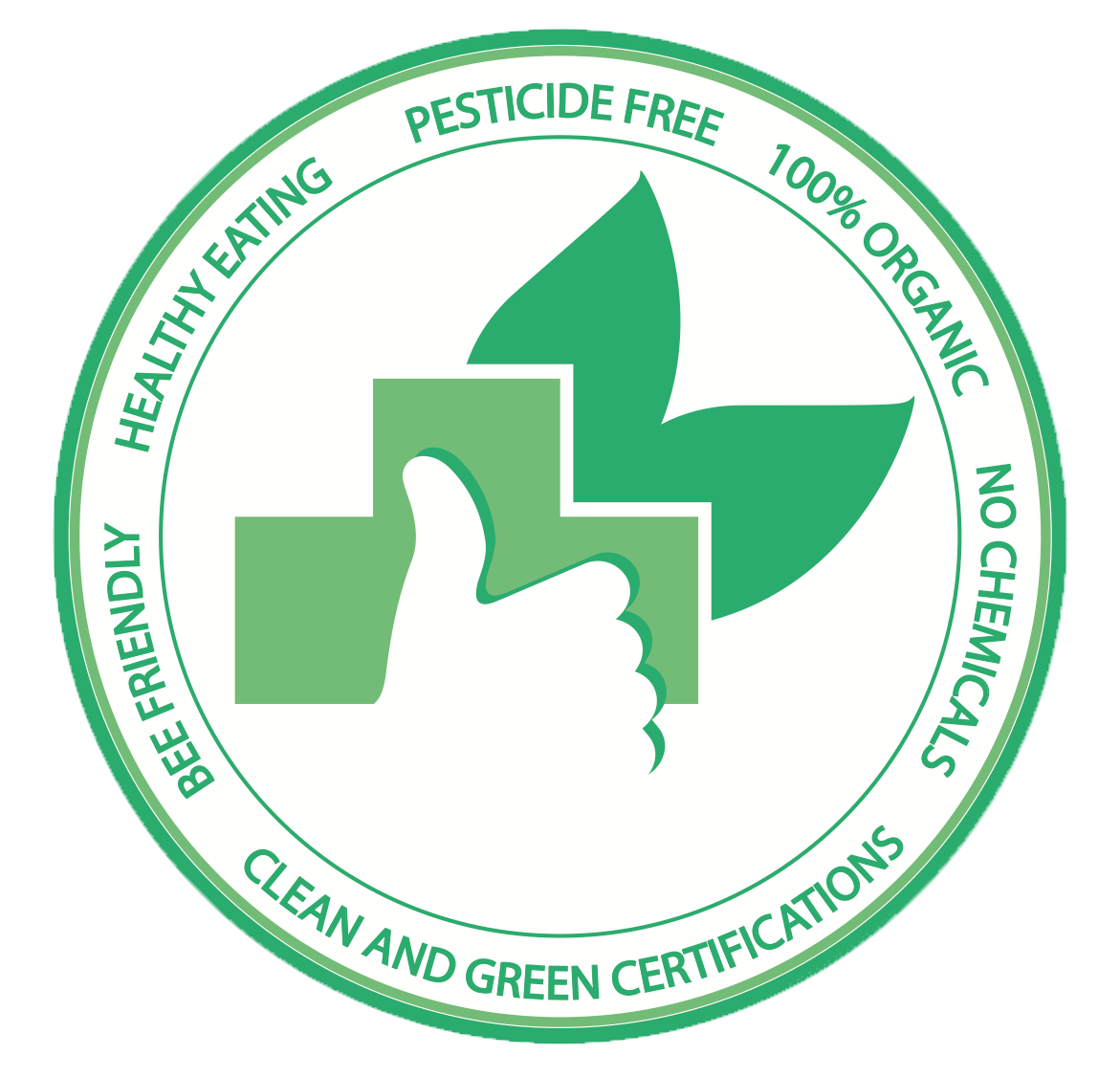Australian Farming Infrastructure Group’s (“AFIG”) main objective is to increase soil carbon in agriculture worldwide, and in the process eliminate the use of pesticides and chemicals used in agriculture and empower farming communities to become organic producers. Technologies will be used to improve yields for farmers and the use of blockchain will develop better commercial outcomes and transparency.
Through our use of various technologies, a better connection between rural farming producers and consumers in cities will be improved. The use of blockchain technology will facilitate commercial trade, and develop trust through transparency and management of provenance of any goods.
Our Values
- Community/Social/ Entrepreneurship
- Innovation
- Sustainability
- Health and Wellbeing
- Equity and Justice
- Education
- Environmental
- Economic Value Add/Prosperity
- Stakeholder/Investor Alignment
- Growth through Partnership
Issues we are Targeting
The major areas of focus for Vortex to begin with Food Production and Global Warming, and therefore related to these two major concerns are sustainable and profitable farming, soils health and carbon sequestration (in our case converting farms into negative carbon enterprises). However, overtime, as more technologies are sourced and integrated, follow-on benefits in areas such as Communications, Health, and Education will be developed.
Global Warming
Global warming has had a huge impact on our environment, our community and our health. In the United Nations Framework Convention on Climate Change, the Kyoto Protocol and the framework of the Paris Agreement, atmospheric carbon dioxide emissions have become a scarce and valuable environmental resource for all mankind. We currently emit 36 billion tons of carbon dioxide each year. And only have a quota of 335 billon tons before the earth temperature rises by 2 degrees Celsius on average.
In response to global climate change, in 2017, the nearly 200 counties of the UNFCCC unanimously agreed to adopt the long-term goal of the Paris Agreement, which has been concretely defined as “Temperature rise controlled to within 2℃”. (World Resource Institute, 2017) To achieve this common goal, carbon markets are being implemented in various countries. China started a nationwide carbon market on 18 December, 2017, with a target carbon price of 200-300 Chinese Yuan RMB. (Energy Innovation: Policy and Technology, 2017) Uninterrupted international negotiations have taken place in various countries and regions and some achievements have been made with regards to having individual nations commit to an upper limit to their carbon dioxide emissions.
Whilst building a low-carbon economy is the key to combating global warming. For AFIG and Partners, it is about creating a negative carbon economy, and the Technology Stack (“TSTACK”) model is built around carbon sequestration and agricultural management systems and practices that leave carbon in the ground, and in turn increase farming yields and reduce operating costs.
Food Production
The global organics market is worth around AUD $100 Billion annually. Australia ranks first in organic producers around the world, outstripping by far in the number of hectares under organic production.
An important market for Australian organics is China, and AFIG is ideally placed to provide pesticide free insect control to this sector. Moreover, the NEM blockchain will be used to facilitate commerce and provide for security and provenance of organic produce.

Our focus is on Communities and Regenerative Agriculture.
“Regenerative Agriculture” is farming and grazing practices that, among other benefits, reverse climate change by rebuilding soil organic matter and restoring degraded soil biodiversity – resulting in both carbon drawdown and improving the water cycle.
In Australia, our intent is to initially work with the Flinders Island Community with a wider group on Regenerative Agriculture, hemp production and development of an organics market for the island, much the same way as King Island dairy and beef achieved. From there on, a number of organic and hemp farmers around Australia and in South East Asia (commencing in China) will be targeted.
AFIG also applies on a smaller scale in the case of community farms and gardens, and the VIHARA Foundation may be another channel to ensure communities grow food without the use of pesticides and that activity contributes to their economic wellbeing.
Health and Education
Health is directly connected to the farming community, not just in Australia but worldwide. Drought, loss of production, natural disasters, unsustainable commercial practices and poor management have led to the decline of farming communities, and financial ruin, in turn affecting the health of farmers and their families, and contributing to serious diseases and a high suicide rate in these communities.
Health and education cannot occur without prosperity and in today’s world, without connectivity to the rest of the world through the internet. An increase of 10% in connectivity represents an increase in GDP of 1% to 2.5%. Connectivity is critical for improved economics, education, and health. By increasing yields for farmers, reducing the bottom line operating costs and providing the wider community with greater connectivity, we can begin to address issues relating to Health and Education. This will be expanded as we work more closely with the VIHARA Foundation.


